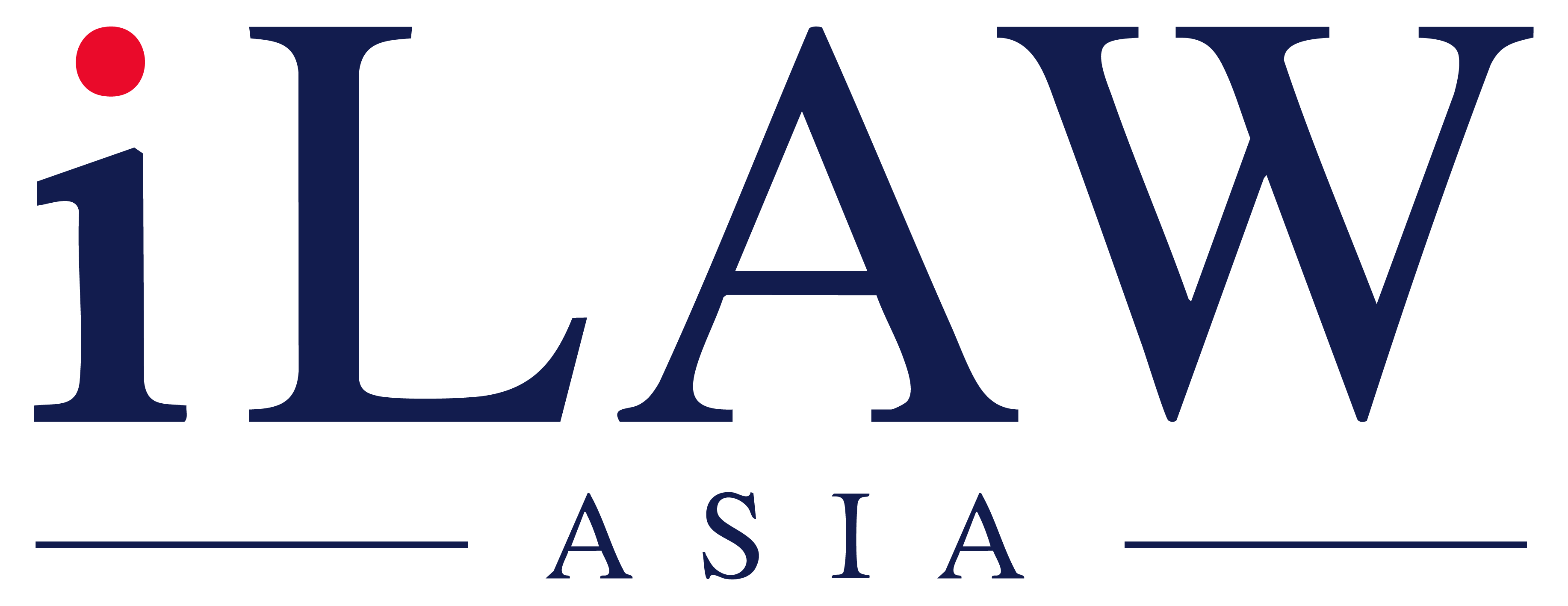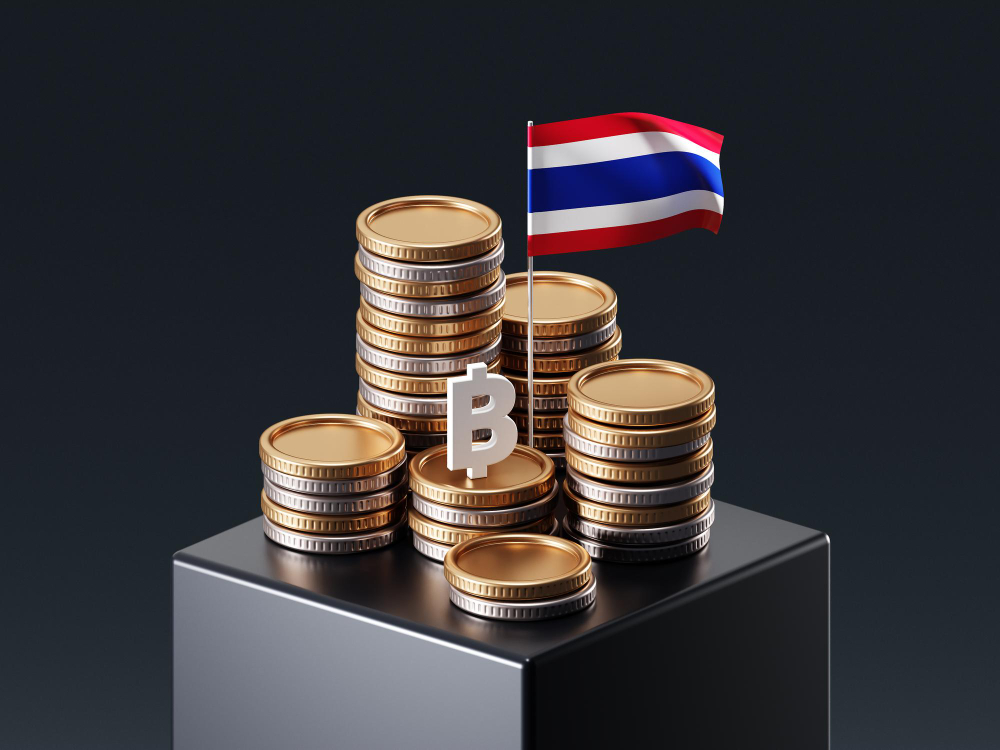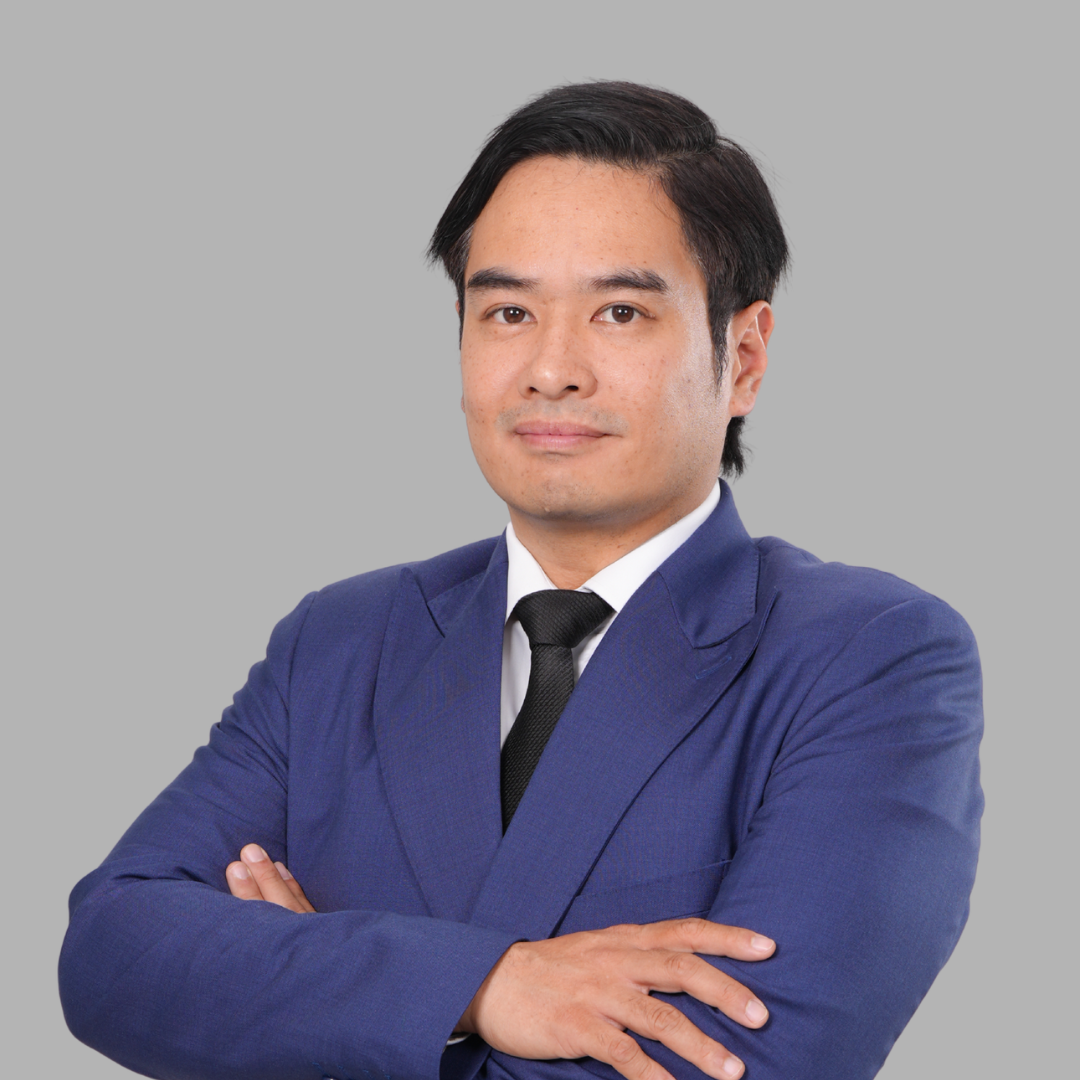Legal and Policy Framework for Industrial Estates in the Lao PDR

Legal and Policy Framework for Industrial Estates in the Lao PDR
1. Legislation
In mid-2025, the Lao Official Gazette published Presidential Decree on Industrial Park No. 313, dated 6 June 2025, establishing a comprehensive framework for the creation and regulation of industrial estates in the Lao PDR. This decree is a cornerstone of the government’s broader economic strategy to attract both domestic and foreign investment while ensuring sustainable industrial growth.
An industrial estate, as defined under the decree, is a designated area of land approved for development with modern infrastructure and essential services. Such estates must provide roads, electricity, water supply, telecommunications, drainage, waste treatment, flood protection, warehouses, housing, fire protection, and other necessary facilities. By formalizing these requirements, the Lao government ensures that industrial estates are not only investment-ready but also capable of supporting long-term industrial operations in line with international standards.
2. Investment Models
The decree provides three investment models, offering flexibility to developers and investors with different financial and strategic goals:
- 100% Private Investment
Industrial estates may be developed entirely by domestic private individuals, enterprises, or foreign state-owned enterprises. These investments may be structured as sole ventures or joint ventures among private parties.
- 100% State Investment
Industrial estates may also be developed exclusively through the state budget. This model ensures government control over strategic areas of industrialization, particularly in regions with national security or development priorities.
- State Joint Ventures with Other Parties
A hybrid model where the Government of the Lao PDR partners with domestic private investors, enterprises, or foreign state-owned enterprises. This approach leverages government backing while also drawing on the capital and expertise of private actors.
3. Qualifications for Approval
To obtain approval for developing an industrial estate, an applicant must demonstrate strong legal, financial, and operational qualifications:
- Establishment as a legal entity in the Lao PDR or abroad;
- Clear business objectives with a development plan suitable for the estate’s size;
- Verified financial capacity, supported by certification from a reputable financial institution;
- No history of bankruptcy or convictions for intentional misconduct;
- Control of a minimum land area of 30 hectares;
- Development of infrastructure systems (roads, electricity, water, telecommunications);
- Facilities such as offices, warehouses, vocational training centers, housing, and shops;
- Adequate systems for waste treatment, drainage, and flood prevention;
- Comprehensive security measures, including fire protection and perimeter controls;
- Provision of other facilities necessary to support investors and their operations.
This framework ensures that only qualified, financially sound, and responsible developers can enter the market, thereby protecting both investors and the state.
4. Policies Supporting Investment
- Customs, Taxes, and Resource Costs
The decree provides broad general and special promotional policies, aligned with the Law on Investment Promotion and relevant SEZ regulations. Incentives include:
- Customs Exemptions and Reductions: Exemption from duties on imported raw materials and equipment, temporary suspension of import duties for re-exports, and reductions in export duties.
- Tax Incentives: Reduction of VAT on imported materials not available domestically, tax relief for supply chains within estates, and exemptions/reductions in profit tax under promotional categories.
- Personal Income Tax Reductions: Tailored to industrial estate conditions, to help attract skilled labor.
- Natural Resource Usage Fee Reductions: Supporting industries reliant on minerals or by-products in production chains.
- Land Use Rights
Developers and investors may lease, assign, transfer, or use land rights as collateral within the certified duration of their rights. Such flexibility enhances investor confidence and facilitates financing.
- Storage Policy
Investors are permitted to import and store raw materials and equipment in designated warehouses for up to three years. These may then be used for production, assembly, modification, or re-export.
5. Other Support Policies
Additional measures include:
- Priority access to local construction materials and supplies;
- Facilitation of multiple-entry/exit visas;
- Simplified procedures for employing foreign workers;
- Issuance of residence and work permits;
- Access to information and coordination with relevant agencies.
6. Timeframes for Approval
The decree sets out strict timelines to expedite the approval process:
- MoU Signing: Within 65 days of receiving a complete application, the Industry and Commerce Sector must coordinate with relevant agencies to sign an MoU.
- Project Development Agreement: Within 30 days after completion of the feasibility study and conditions under the MoU.
- Company Establishment Approval: Upon signing the development agreement, the developer submits documents for final approval and registration of the estate development company.
These time-bound processes ensure efficiency and transparency, helping investors avoid delays common in regional bureaucracies.
7. Prohibitions
Developers are prohibited from engaging in the following acts:
- Conducting business without the necessary permits or in violation of applicable laws and regulations;
- Developing industrial estates without obtaining the required authorization;
- Engaging in collusion or bribery with relevant officials to gain benefits that are contrary to laws and regulations;
- Forging documents, concealing factual information, evading obligations, hiding income or profits, or concealing criminal acts related to tax and levy payments;
- Defaming, discrediting, or conducting misleading advertising against relevant organizations, employees, or officials;
- Obtaining an industrial estate development license for the purpose of renting, transferring, or assigning it to others without proper approval;
- Developing industrial estate infrastructure in a manner inconsistent with the approved economic-technical analysis;
- Employing labor in violation of applicable labor laws and regulations;
- Engaging in any other behavior that violates existing laws and regulations.
Such prohibitions highlight the government’s commitment to good governance, accountability, and investor protection.
Conclusion
The enactment of Presidential Decree No. 313 demonstrates the Lao government’s determination to strengthen its industrial base and attract responsible investment. By providing clear legislation, flexible investment models, generous incentives, streamlined approval processes, and strict compliance standards, Laos is positioning itself as a competitive destination for industrial development in Southeast Asia.
About ILAW LAOS
At the same time, navigating the regulatory framework and securing approvals in Laos requires not only financial strength but also legal expertise and local knowledge. This is where ILAW LAO stands as a trusted partner. With decades of regional experience, a dedicated Lao practice team, and a proven track record in investment law, cross-border transactions, and industrial development, ILAW LAO provides strategic legal counsel to ensure compliance, minimize risks, and maximize incentives for investors. Whether you are exploring a new industrial estate project or expanding your operations in the Lao PDR, iLAW LAO is your partner of choice to turn investment potential into sustainable success.
Author
Related Practices
- Real Estate
- Corporate & Commercial













